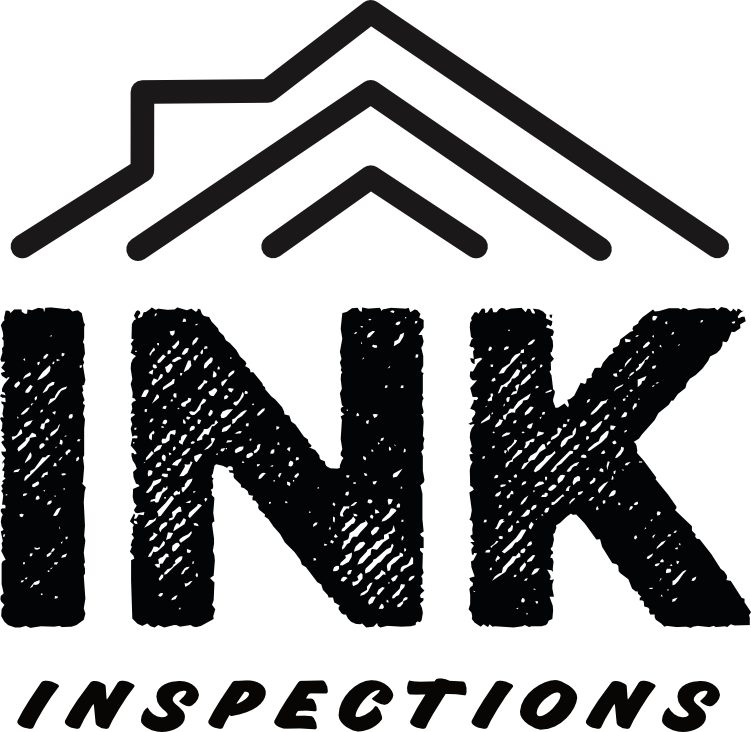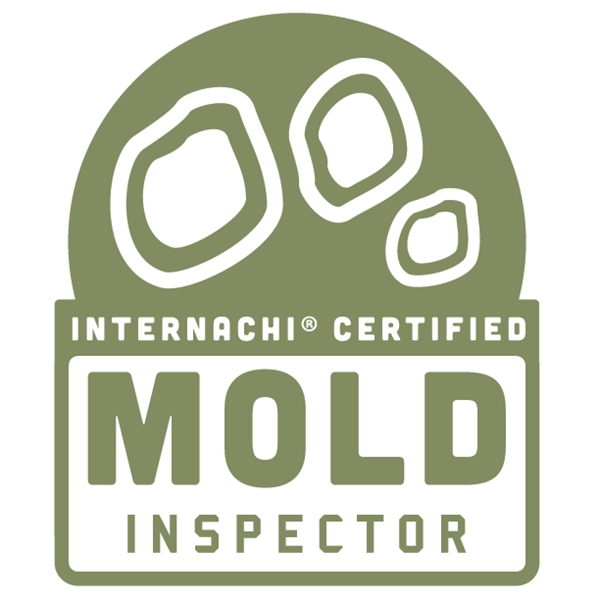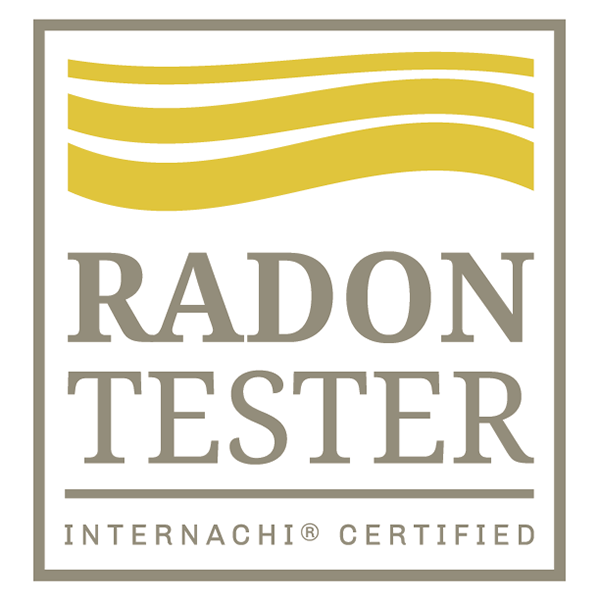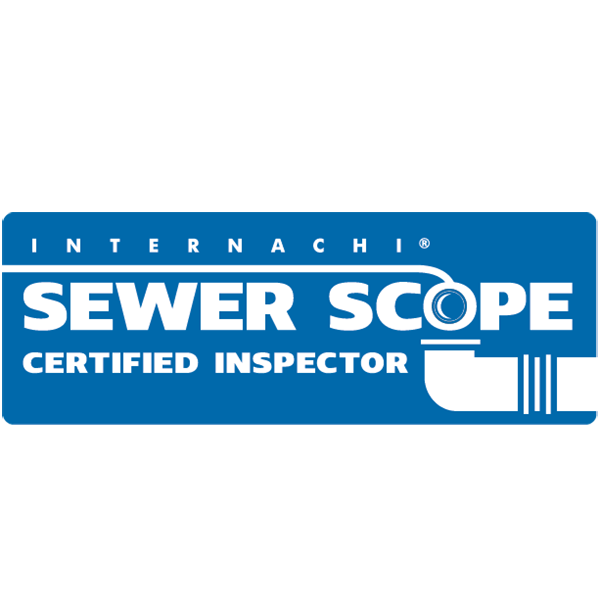When it comes to owning a home, unexpected repairs can be a major source of stress and financial strain. While some repairs may be relatively inexpensive, others can be incredibly costly. In this blog post, we will discuss 6 common expensive home repairs that homeowners should be aware of.
Foundation repairs: Foundation issues can be some of the most costly repairs a homeowner will face. If the foundation is severely damaged and requires underpinning or other structural repairs, the costs can easily reach tens of thousands of dollars. In some cases, the foundation may even need to be completely replaced, which can be a very expensive endeavor.
Roof replacement: Replacing a damaged or worn-out roof can be a very costly repair. The cost will depend on the size of the roof, the type of materials used, and the complexity of the job. A typical roof replacement can cost anywhere from $8,000 to $25,000 and complicated or large roofs can cost way more.
HVAC replacement: Replacing an old or inefficient heating, ventilation, and air conditioning (HVAC) system can be a significant expense. The cost will depend on the size of the home, the type of system, and the complexity of the installation. A new HVAC system for an average home normally costs between $5,000 and $15,000.
Plumbing repairs: Major plumbing repairs such as replacing or repairing a sewer line or water main can be very costly. These types of repairs can easily reach $10,000 or more, depending on the extent of the damage and the materials and labor required to fix it.
Electrical repairs: Updating or upgrading an electrical system can also be a significant expense. Replacing outdated knob and tube wiring, repairing or replacing electrical panels, and other electrical work can cost anywhere from $5,000 to $15,000 or more depending on the scope of the work.
Mold Remediation: The presence of mold can often lead to very expensive repairs. The mold remediation itself is often thousands of dollars and usually the issue causing it is expensive to repair (leaky roof, bad ventilation, basement flooding, broken pipes, etc.)
It's important to note that these are just estimates and the actual cost of repairs can vary depending on the specific situation. As a homeowner, it's important to be prepared for unexpected repairs by setting aside money in a savings account for home maintenance. It's also a good idea to have a professional inspect your home before you purchase it and semi regularly once you are living in the home to identify any potential issues before they become major problems.
In conclusion, owning a home can be a wonderful investment, but it also comes with its fair share of unexpected expenses. Being aware of the most expensive home repairs and being prepared for them can help ease the financial burden and allow you to focus on enjoying your home.











